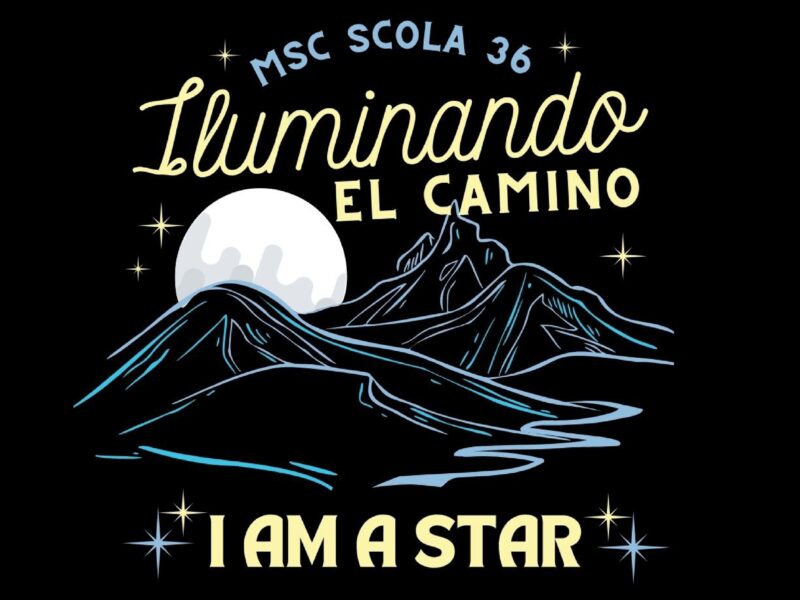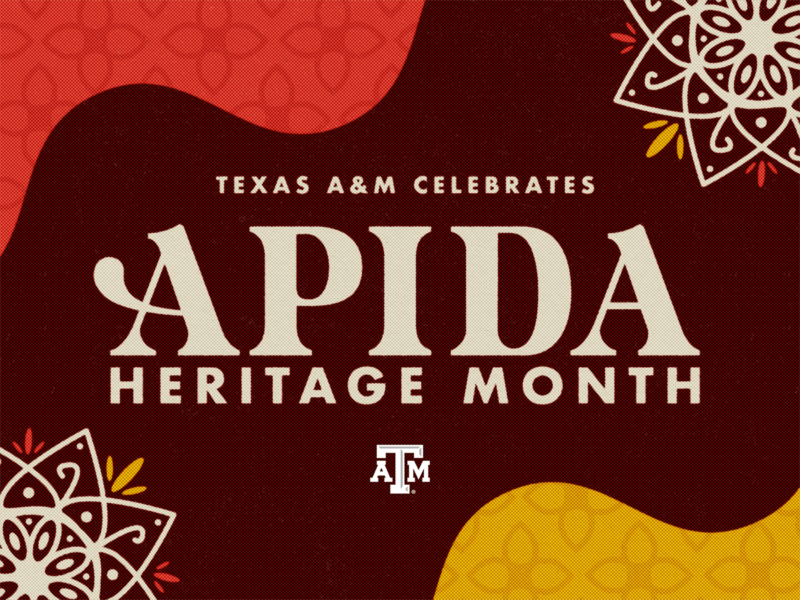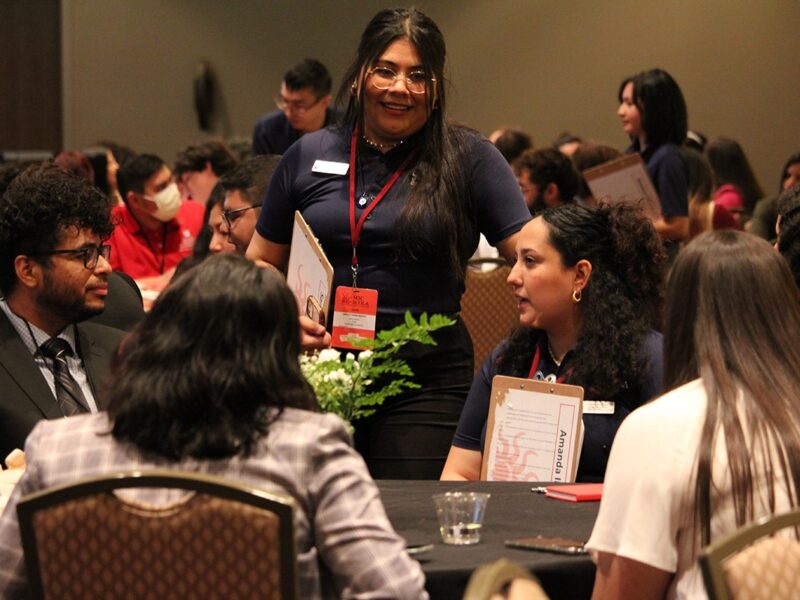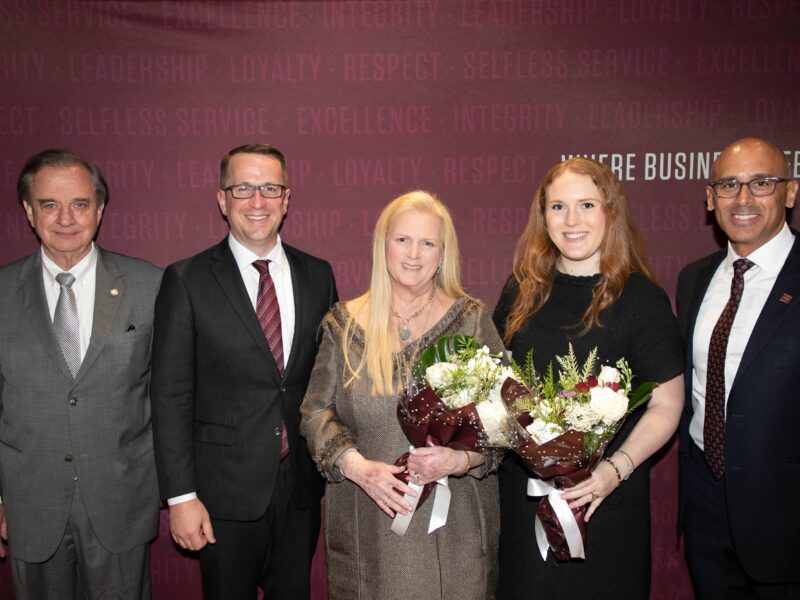HSC ‘Image Life!’ Outreach Program Gets Girls Engaged In Science
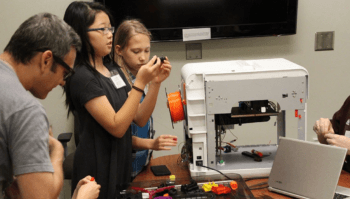
Sharon DeMorrow, PhD, is an associate professor at the Texas A&M College of Medicine in Temple, but in this setting, she’s just “Mom.” Her daughter, Katie, who is in the sixth grade, is one of about 40 middle and high school aged girls listening to a presentation this Saturday morning about how medicines work.
Saturday Morning Biophysics: Image Life! is a program that encourages girls to explore careers in science and medicine. Now in its ninth year, the three-hour, four-week program has had more than 280 participants.
Jerome P. Trzeciakowski, PhD, professor and associate department head of Medical Physiology at the College of Medicine Bryan-College Station campus, explained to his audience—which includes the girls’ parents and teachers—the discovery of penicillin and how it exerts its effect on cells.
“It’s a great experience for the girls,” said DeMorrow, who drove to College Station with her daughter for this event. “It’s inspiring to me as an educator.” She’s thinking of starting a similar program in Temple, and this year’s lectures and activities have given her lots of ideas. As for Katie, she said that her favorite topic so far has been the “science of dancing” (or, more formally, exercise physiology), but that could be because she’s a dancer (and a singer) herself. Still, she’s not planning a career in the performing arts. “I’ve always wanted to be a scientist,” Katie said. “It’s good to learn when you’re my age, so that when you get older and go into college or a job, you’ll be better prepared.”
It’s not just the daughters of university professors who are benefiting from this preparation. Girls from rural areas of Brazos and nearby Burleson, Washington and Grimes counties—many of whom have little to no previous contact with professional scientists—have been well-represented over the years. This time, an entire busload of students from Beaumont, Texas, drove in for the event.
“I want to broaden the girls’ horizons and show them that there are many ways to do science,” said Andreea Trache, PhD, associate professor at the College of Medicine, who started the program nine years ago. “There are the traditional bench scientists, but there are also those out in the field collecting data, those who work in front of the computer and others in hospitals running clinical trials on patients. There are so many options.”
To demonstrate some of this breadth, presentations and hands-on activities this year have included human physiology, interactive art, materials science, aerospace engineering, 3D printing and optical microscopy. For Leah Stewart’s daughter, Elisabeth, who is also in the sixth grade, the 3D printing demonstration has been the highlight of the program. “It’s different from what we learn in science class at school,” Elisabeth said. “It’s a lot of what I think you’ll get in high school when you’re older, and it’s cool to get to see that now.”
Stewart is a college counselor at Allen Academy, and she has been attending in that capacity for the last several years. “It’s important that they see what options are out there,” she said. When the girls are looking at colleges and majors, this experience is going to help.” However, that’s not to say she’s not learning anything herself. “It’s not educating just the girls,” she said. “For example, at one of the sessions last month, Dr. Van Wilson talked about HPV and did a great job of explaining the vaccine.”
Faculty aren’t the only ones presenting; graduate students also give talks during the sessions and get a much-needed opportunity to practice presenting their research in lay terms. “It’s always wonderful to have female graduate students in science share their experience with the girls,” Trache said. “The closer the presenter is to their own age, the better the message gets across.”
The parents also value a student perspective. “Madeleine Durkee, a PhD student, gave a talk about how to select a college and major,” Stewart said, “and that is so great for the girls, because they can see that someone else has already gone through the process.”
The girls get certificates of completion at the end of the program. For many of the girls four Saturdays aren’t enough; they come back year after year.
“The program has been great,” Katie added. “People here are so nice and have made me feel welcome.”
Elisabeth summarized her experience even more succinctly “It’s fun to learn about science!”
This article by Christina Sumners originally appeared in Vital Record.
